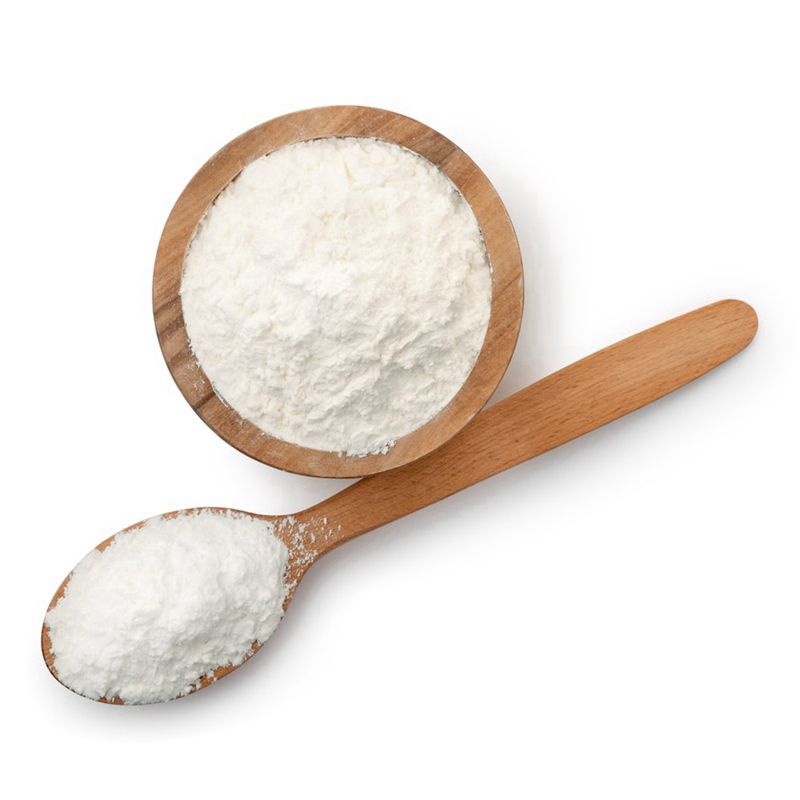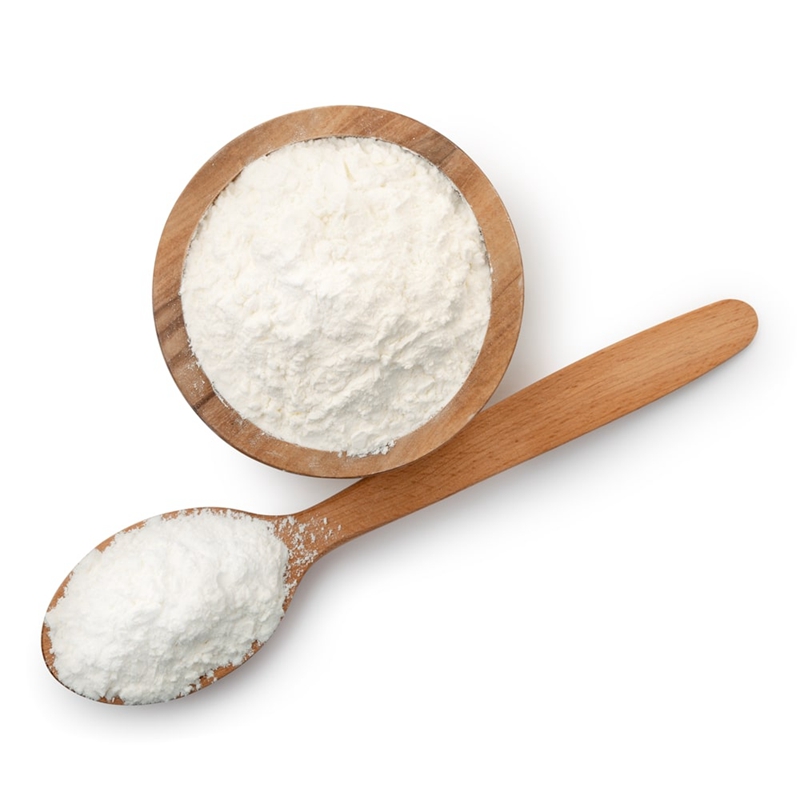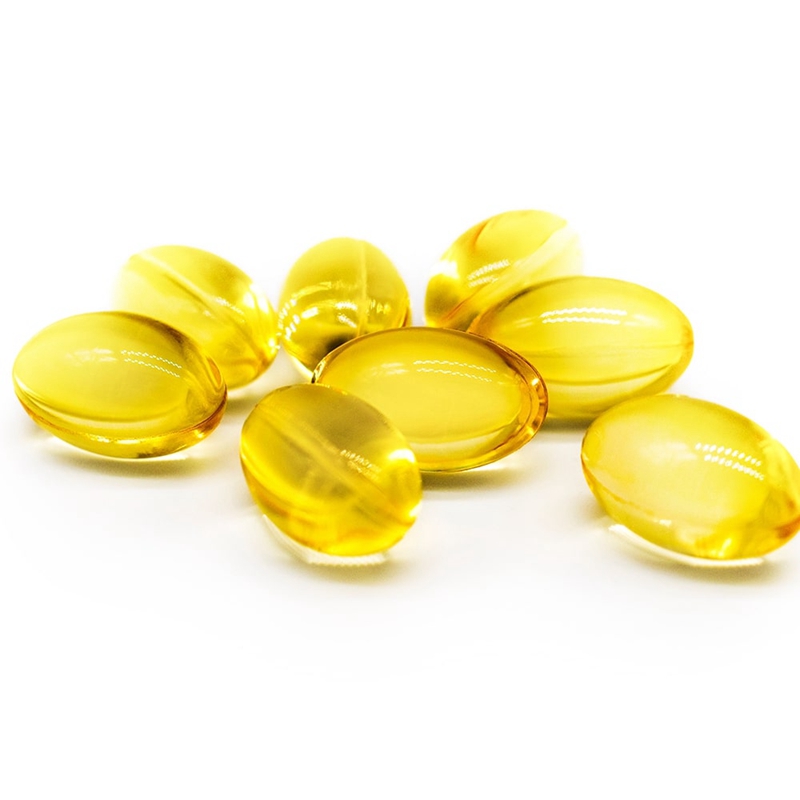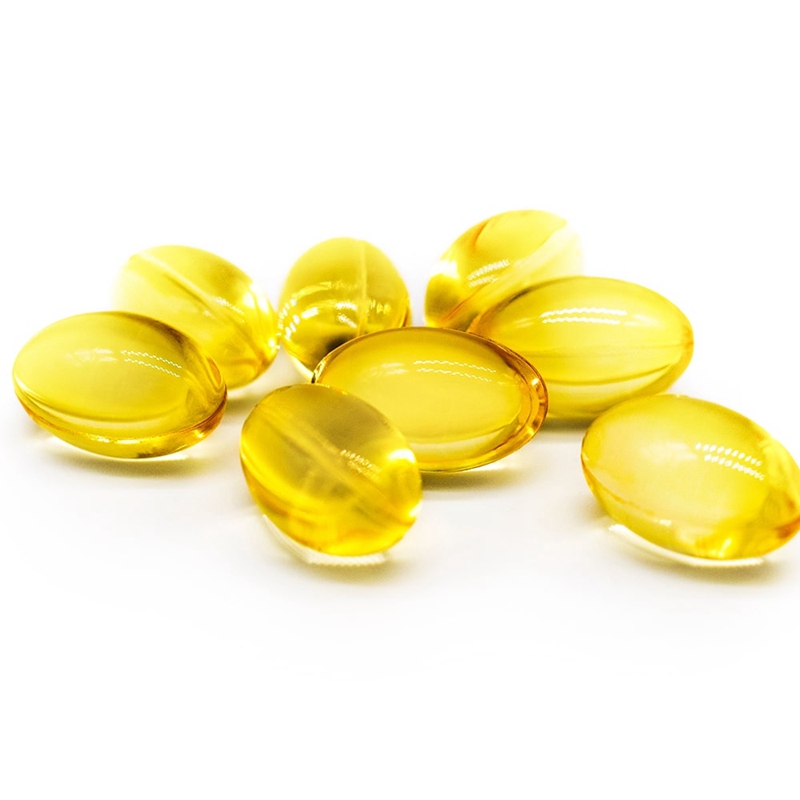
Chinese wholesale Shiitake Mushroom Powder – Best Selling Organic Cordyceps Powder CAS 73-03-0 – Justgood

Chinese wholesale Shiitake Mushroom Powder – Best Selling Organic Cordyceps Powder CAS 73-03-0 – Justgood Detail:
| Ingredient Variation | N/A |
| Cas No | N/A |
| Chemical Formula | N/A |
| Solubility | N/A |
| Categories | Botanical |
| Applications | Cognitive, Immune Enhancement, Pre-Workout |
Cordyceps is most commonly used for kidney disorders and male sexual problems. It is also used after a having kidney issues. It is also used for liver problems, improving athletic performance.
Cordyceps is most commonly used for kidney disorders and male sexual problems. It is also used after a having kidney issues. It is also used for liver problems, improving athletic performance.
There are over 400 known species of cordyceps, although the types used in most supplements are man-made in the lab.
Supplement use should be individualized and vetted by a healthcare professional, such as a registered dietitian, pharmacist, or doctor. No supplement is intended to treat, cure, or prevent a disease.
In complementary and alternative medicine (CAM), cordyceps is often used as a natural energy booster. Proponents also claim that cordyceps can protect against health issues like fatigue, high blood pressure, upper respiratory infections, inflammation, and kidney disorders, to name a few. Some herbalists also believe that cordyceps can boost libido, slow aging, and protect against cancer.
However, much of the research on cordyceps has been completed on animal models or in lab settings. More human trials are needed before recommending cordyceps for health purposes.
Cordyceps is thought to boost athletic performance. This claim first grabbed headlines in the ’90s when Chinese track and field athletes achieved multiple world records, and their coach attributed their success to cordyceps-containing supplements.
Researchers believed these results meant that cordyceps might increase an athlete’s tolerance to high-intensity exercise.
Diabetes.
In traditional medicine, cordyceps has long been used as a treatment for diabetes.
While there are no quality studies investigating these effects in humans, several animal studies have been conducted. However, animal studies on cordyceps and other supplements should not be used as evidence for human use.
Cordyceps was also found to have the potential to protect insulin-making beta cells.
Cordycepin, one of the active ingredients in cordyceps, has been associated with antidiabetic activity in animal models. A recent review of various studies noted that cordycepin’s potential effect on diabetes might be due to gene regulation.
Cordyceps is believed to have potent anti-inflammatory and antioxidant effects, both of which may help prevent or treat hyperlipidemia, or high levels of fat in the blood.
Many of these benefits have been attributed to cordycepin, a bioactive component of cordyceps. Polysaccharides, or carbohydrates, found in cordyceps have also been found to be helpful.
Results from animal studies linked cordyceps use to lowered hyperlipidemia. In one such study, a polysaccharide extracted from cordyceps decreased total cholesterol and triglyceride levels in hamsters.
In other studies, cordycepin has been associated with improvements in hyperlipidemia. This has been attributed to its similar structure to adenosine, a naturally occurring chemical in the human body that is needed during fat metabolism and breakdown.

Product detail pictures:

Related Product Guide:
We know that we only thrive if we could guarantee our combined price tag competiveness and quality advantageous at the same time for Chinese wholesale Shiitake Mushroom Powder – Best Selling Organic Cordyceps Powder CAS 73-03-0 – Justgood , The product will supply to all over the world, such as: Gabon, Myanmar, Serbia, We hope to have long-term cooperation relationships with our clients. If you are interested in any of our products, please do not hesitate to send enquiry to us/company name. We ensure that you can be totally satisfied with our best solutions!
The company leader recept us warmly, through a meticulous and thorough discussion, we signed a purchase order. Hope to cooperate smoothly





